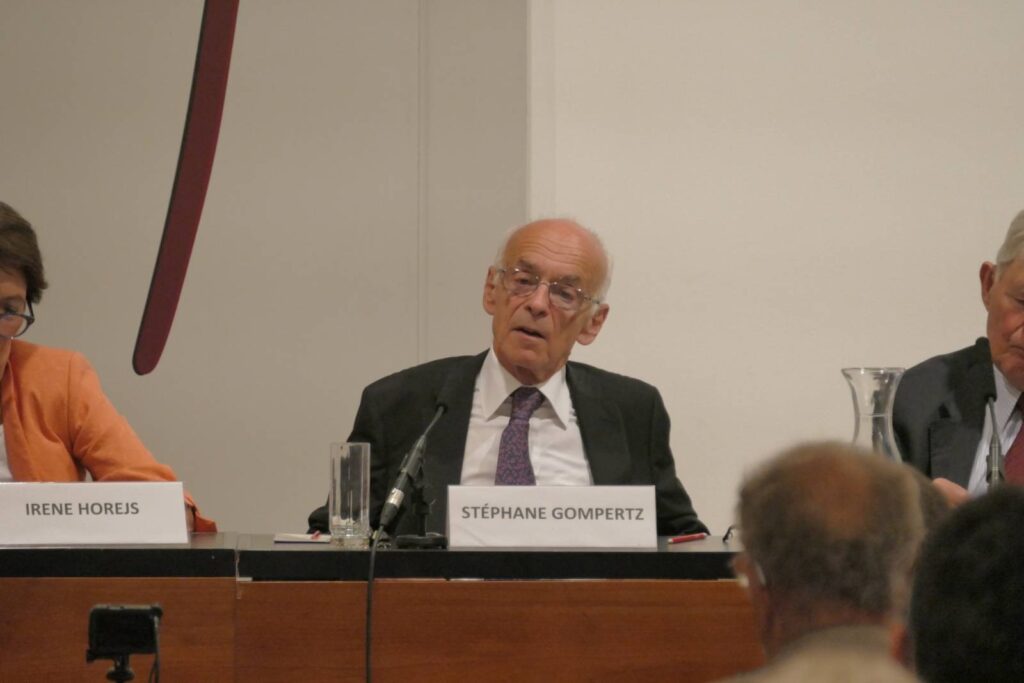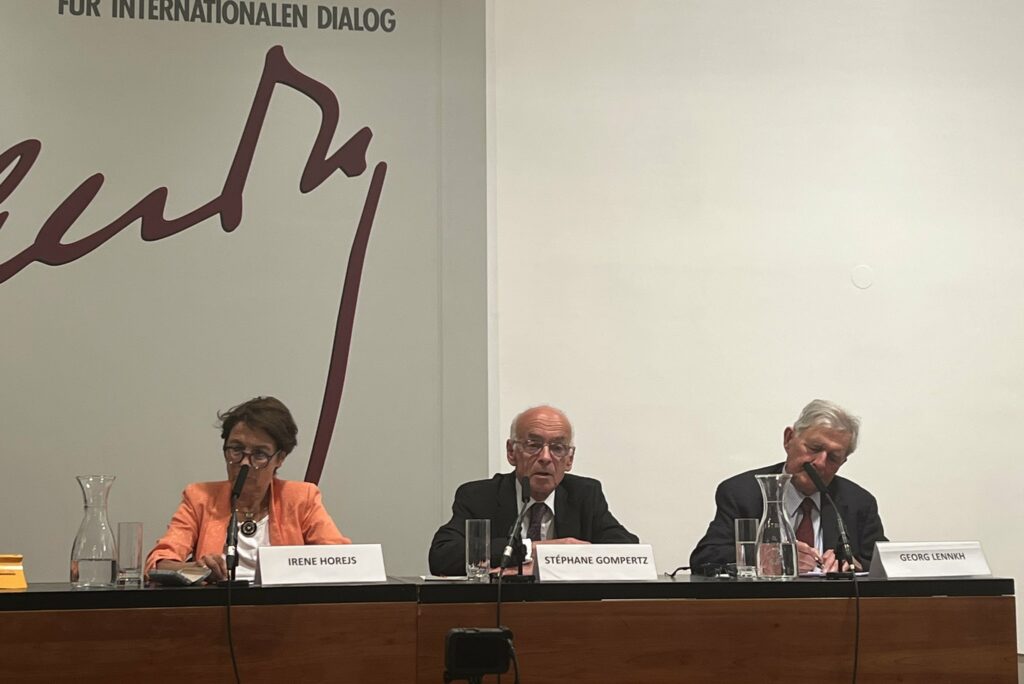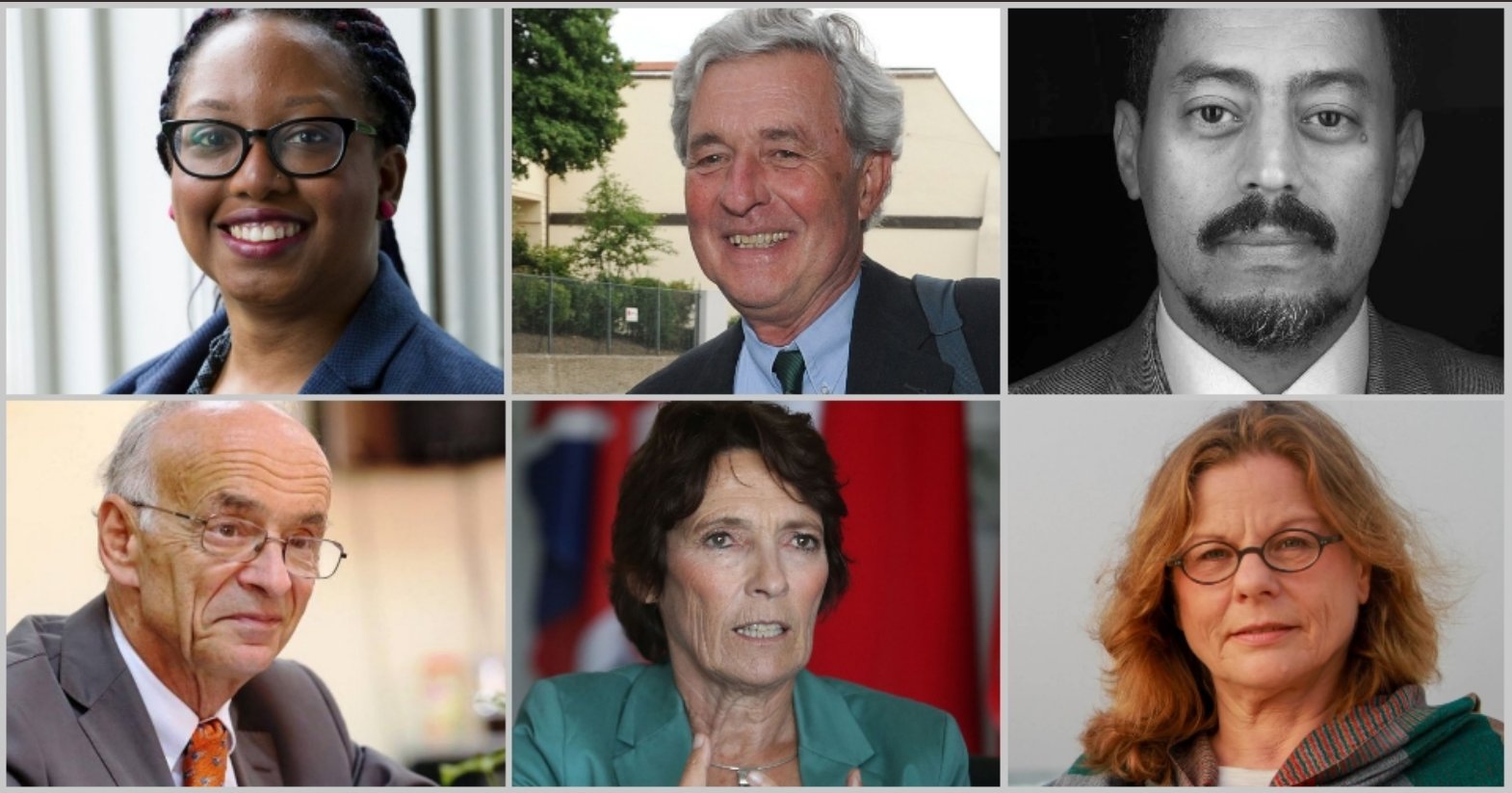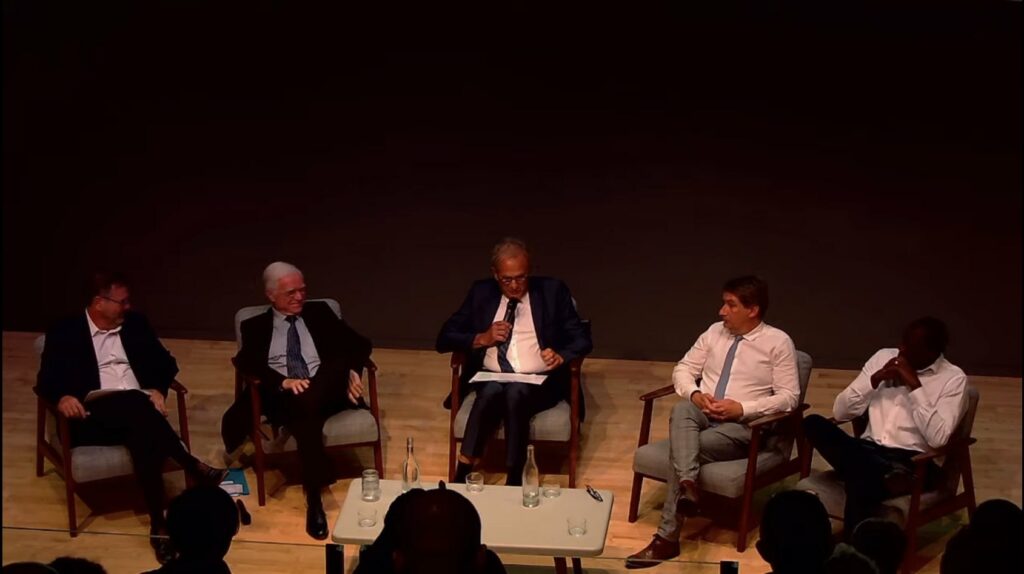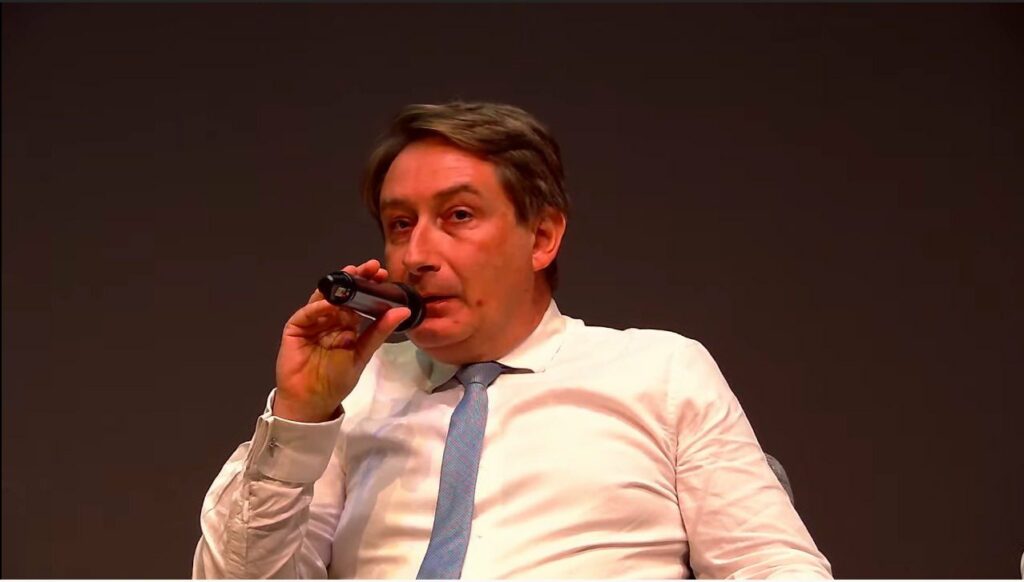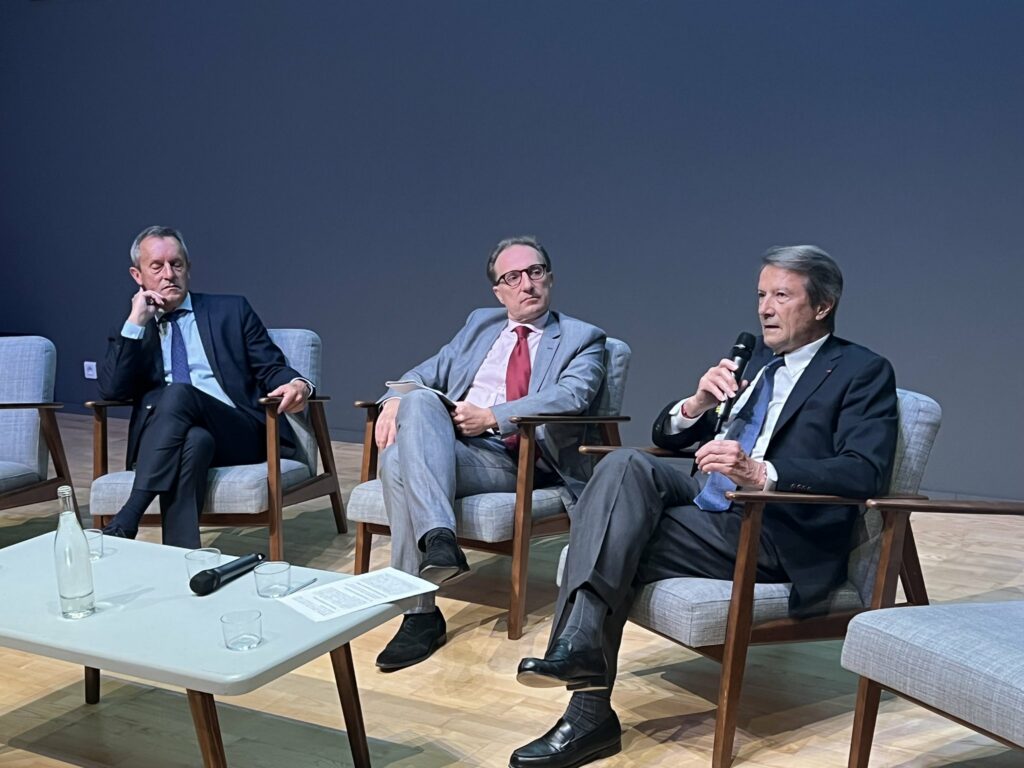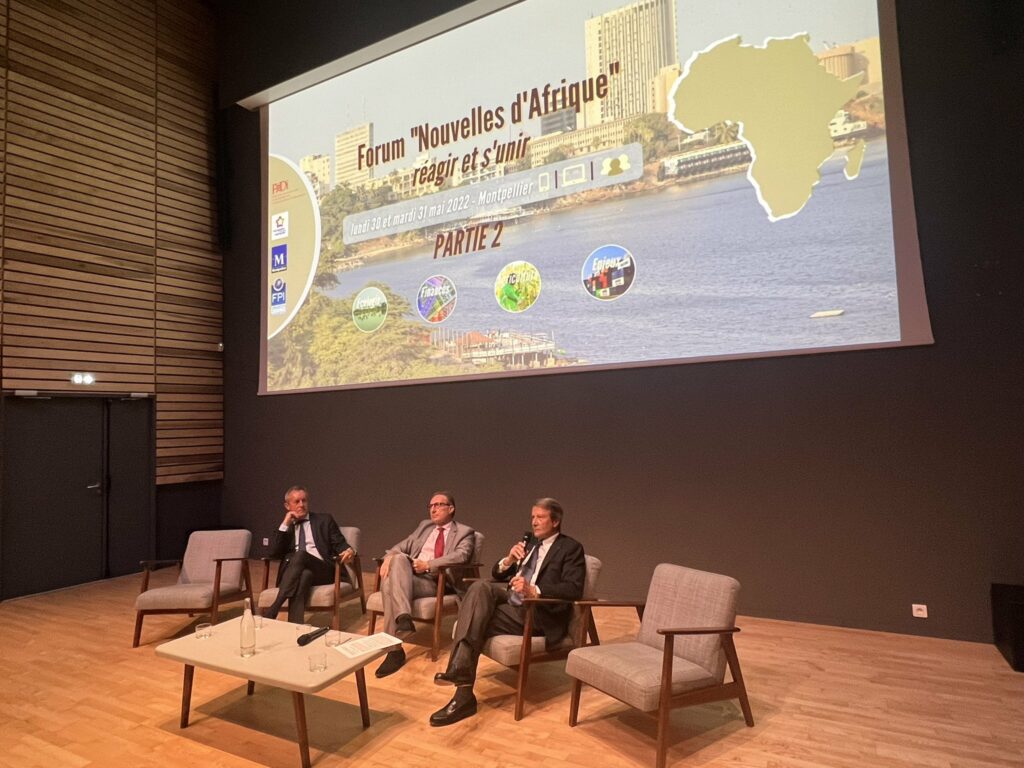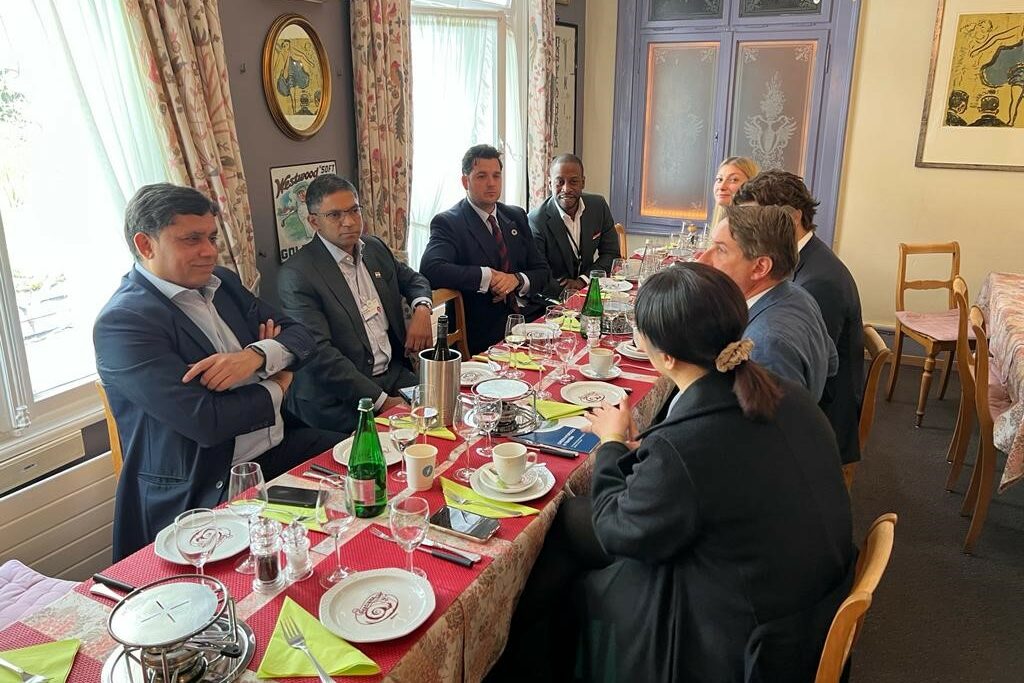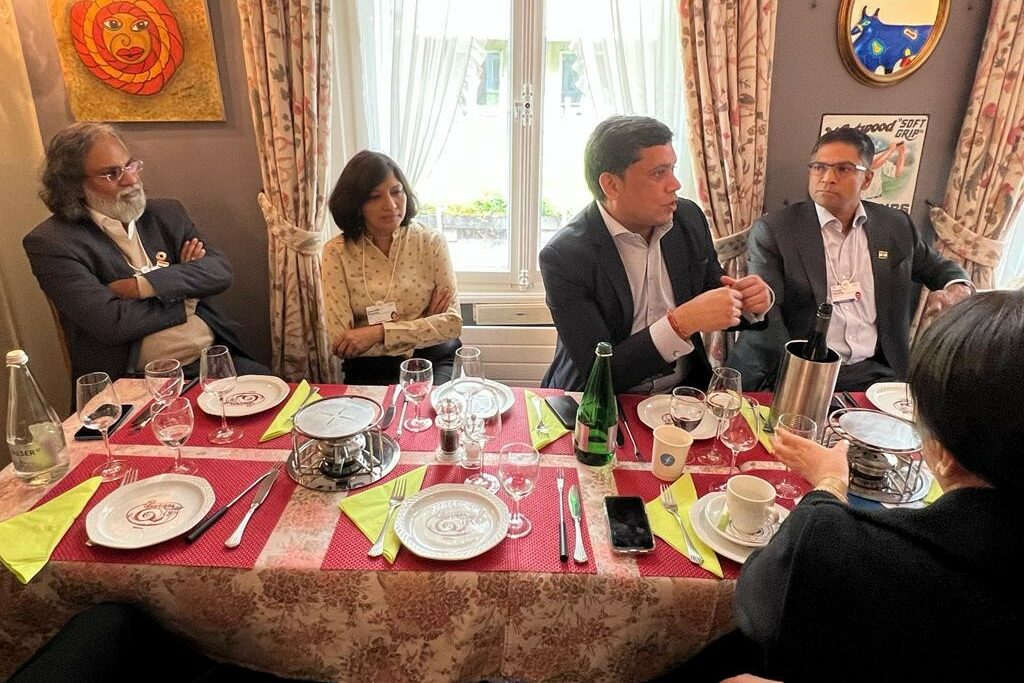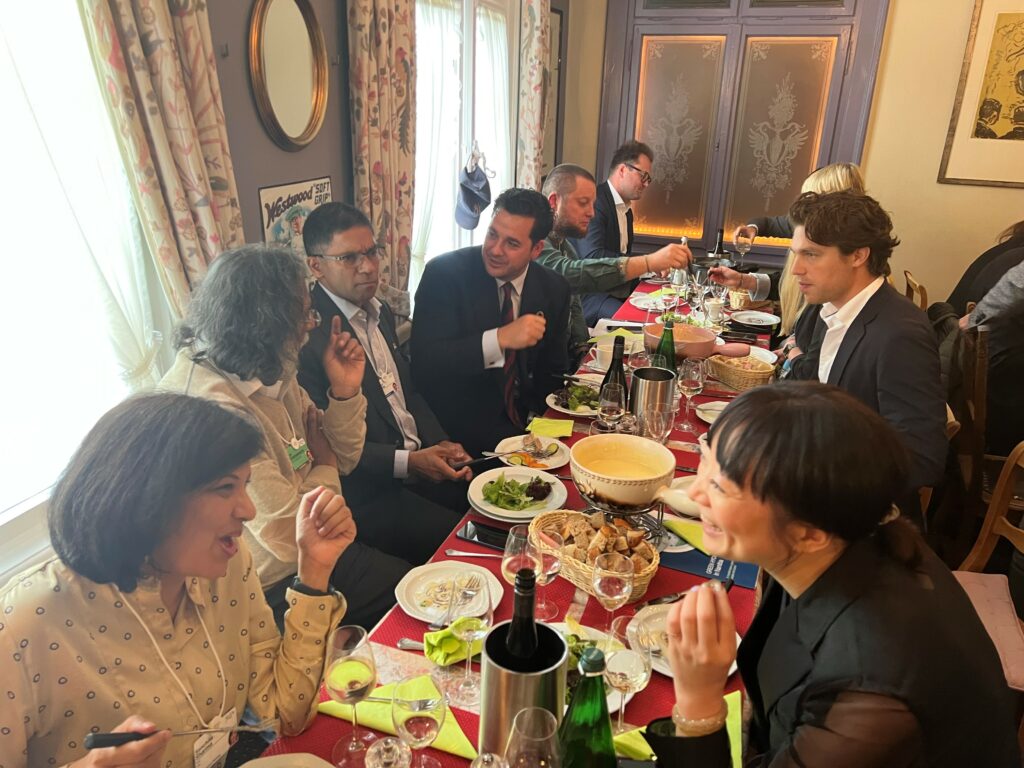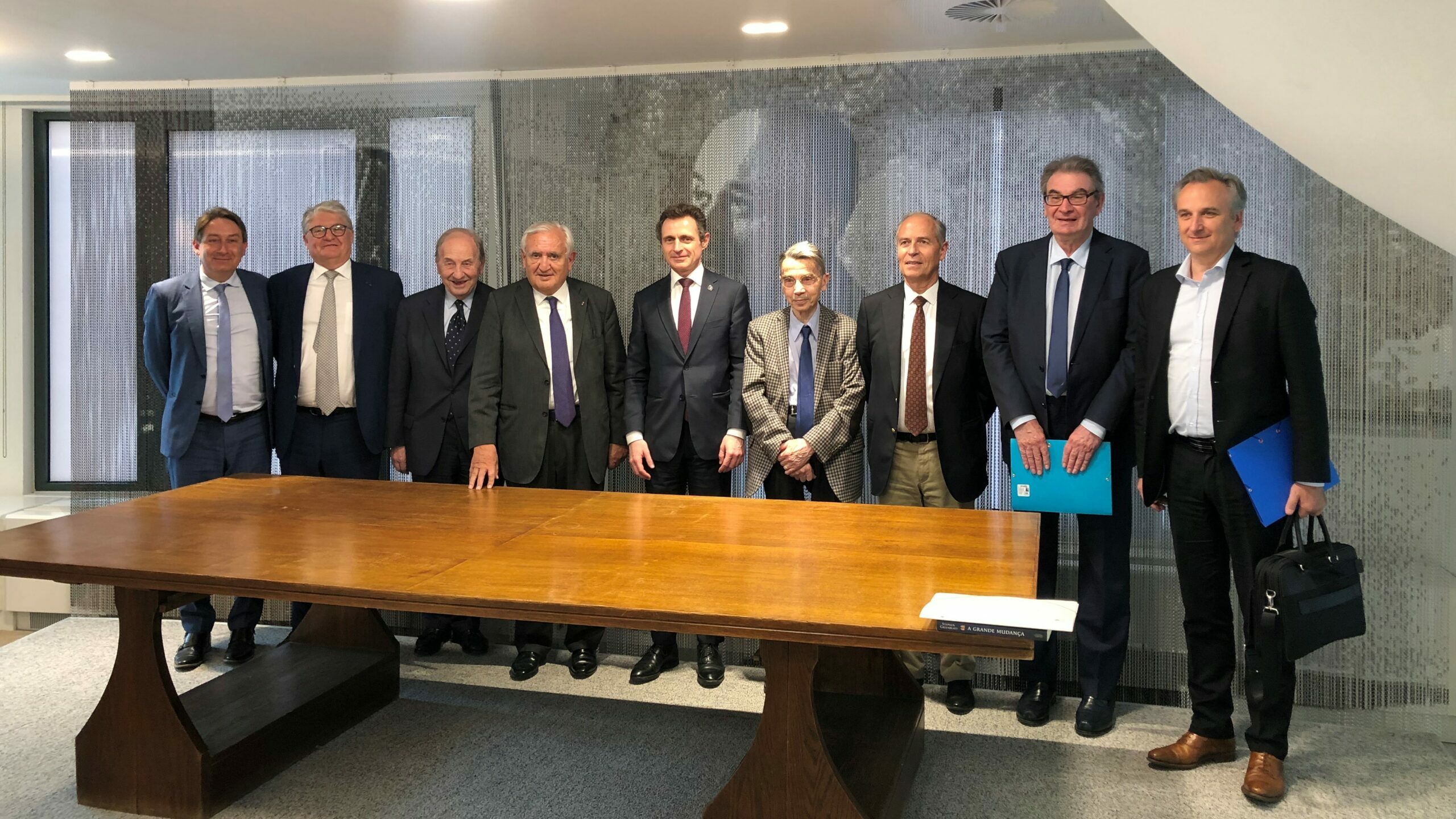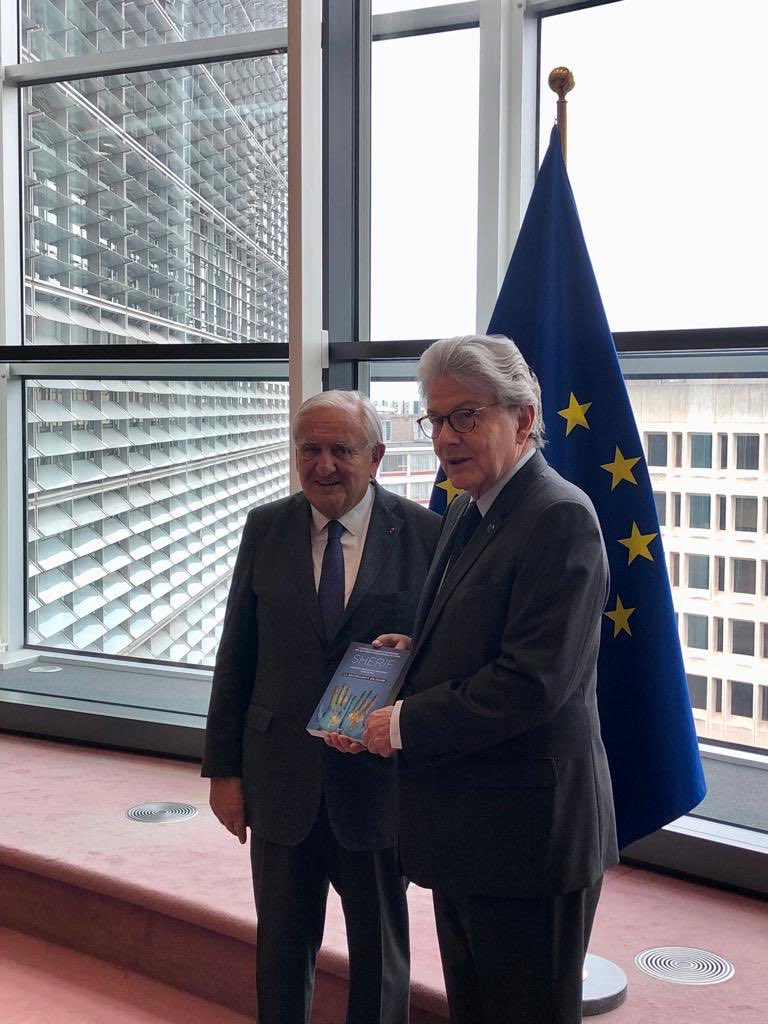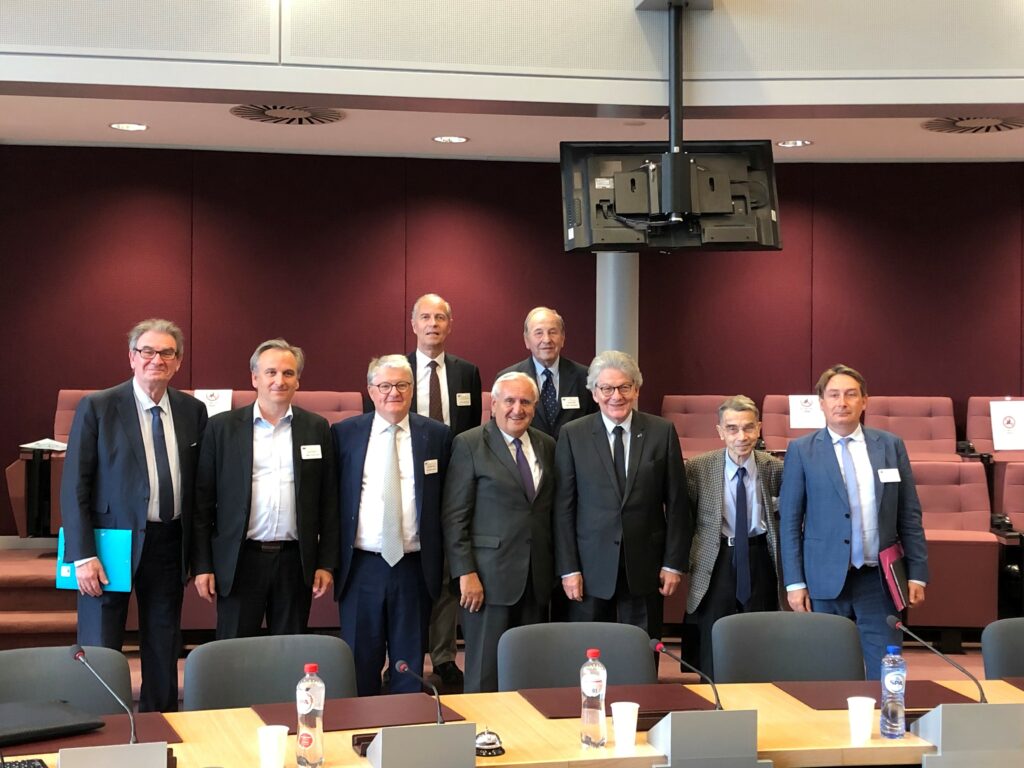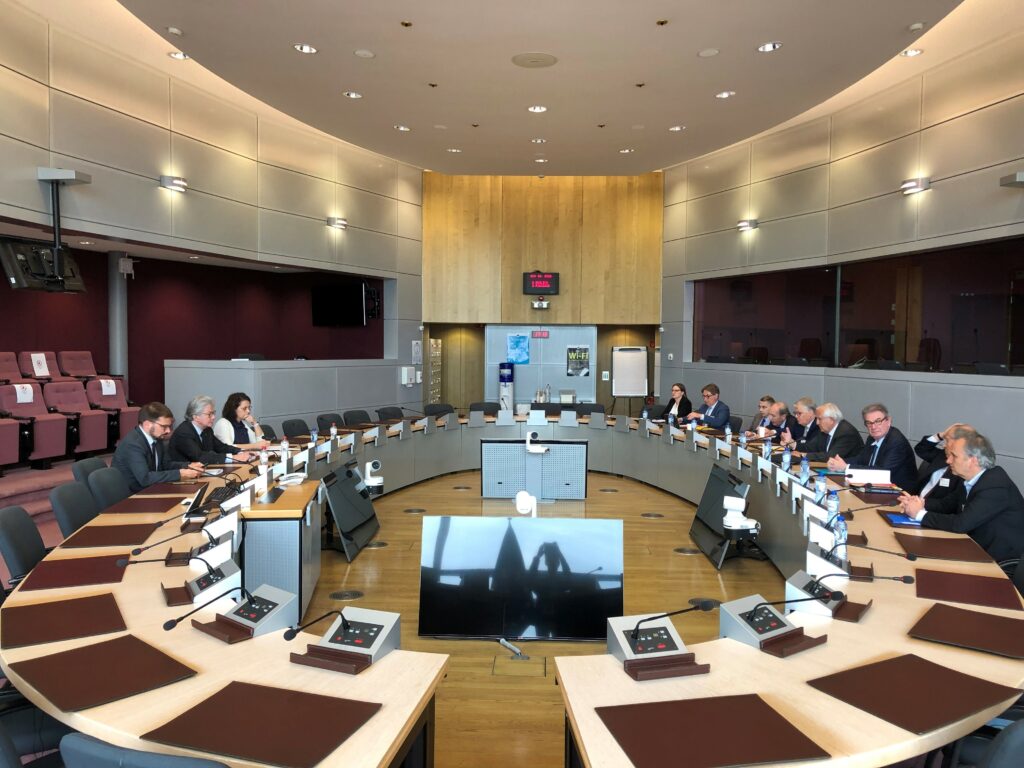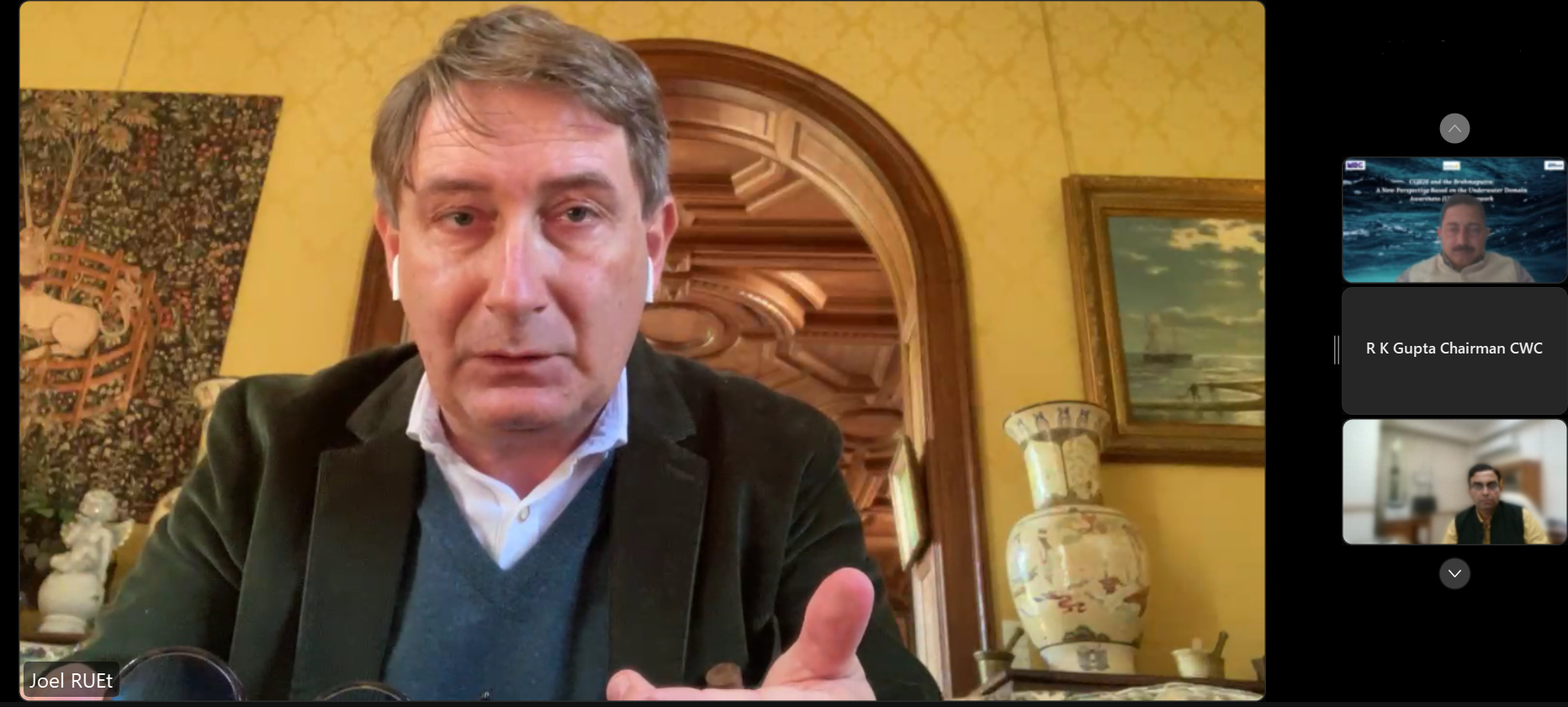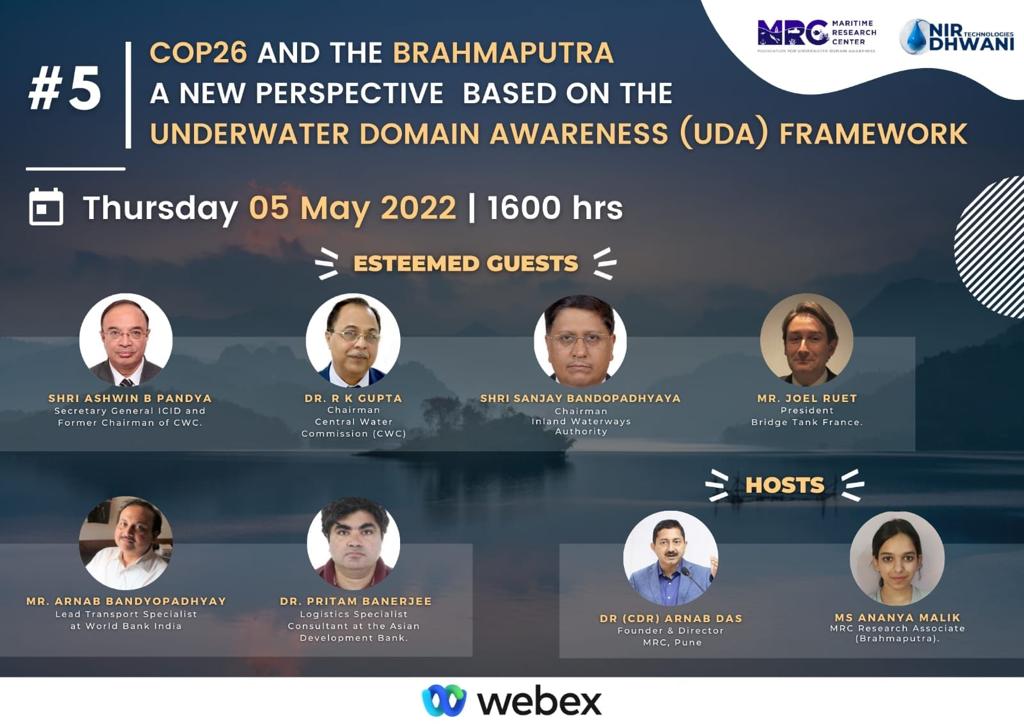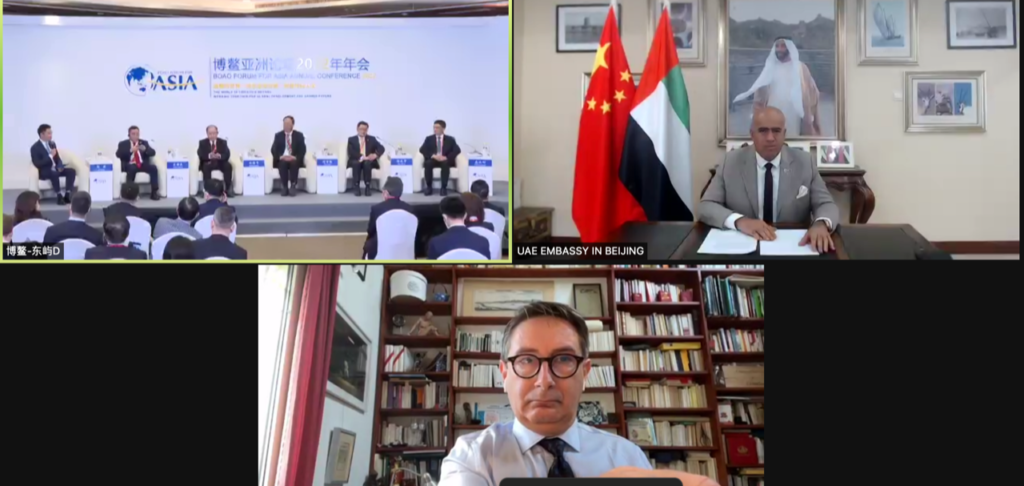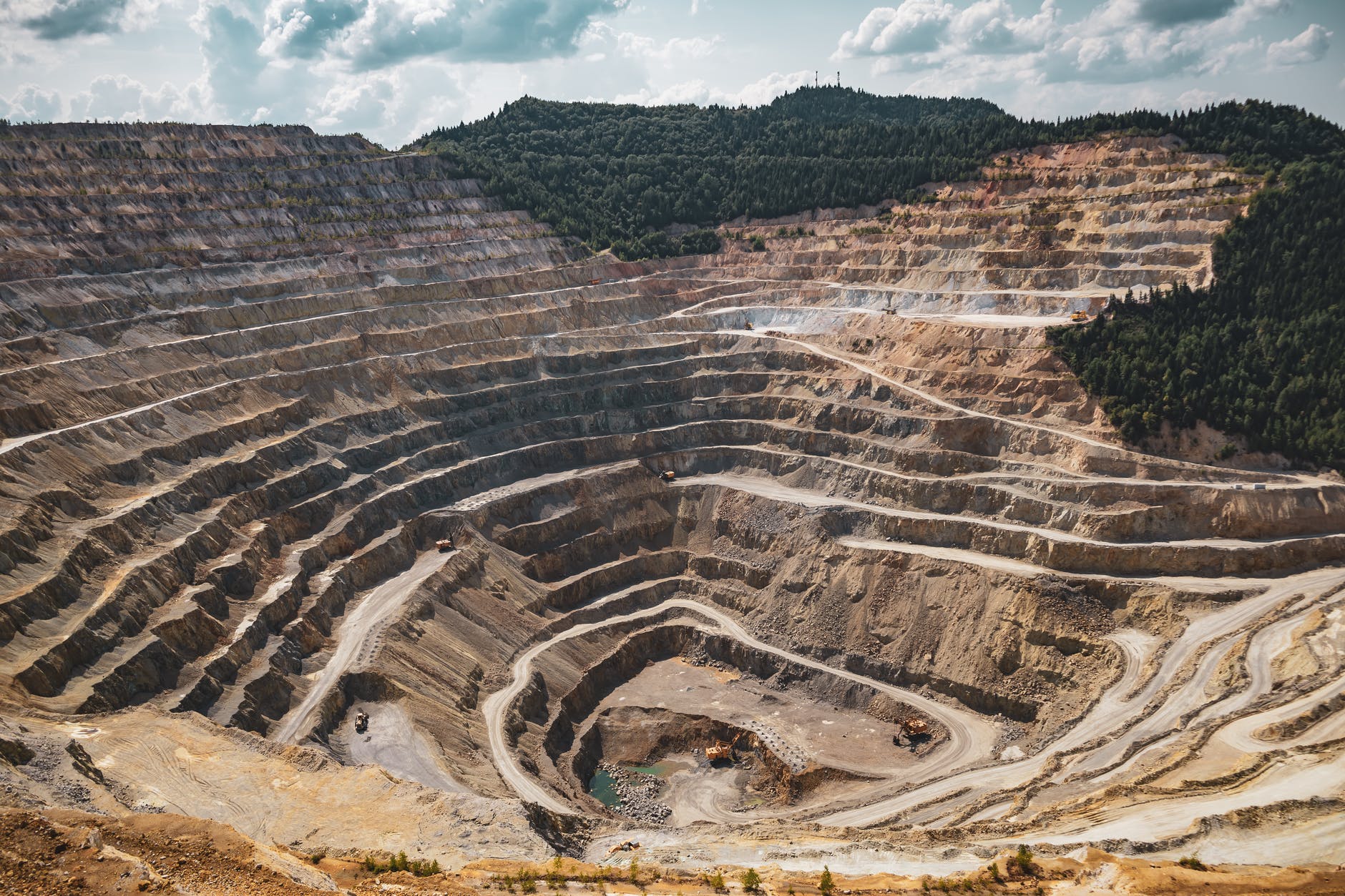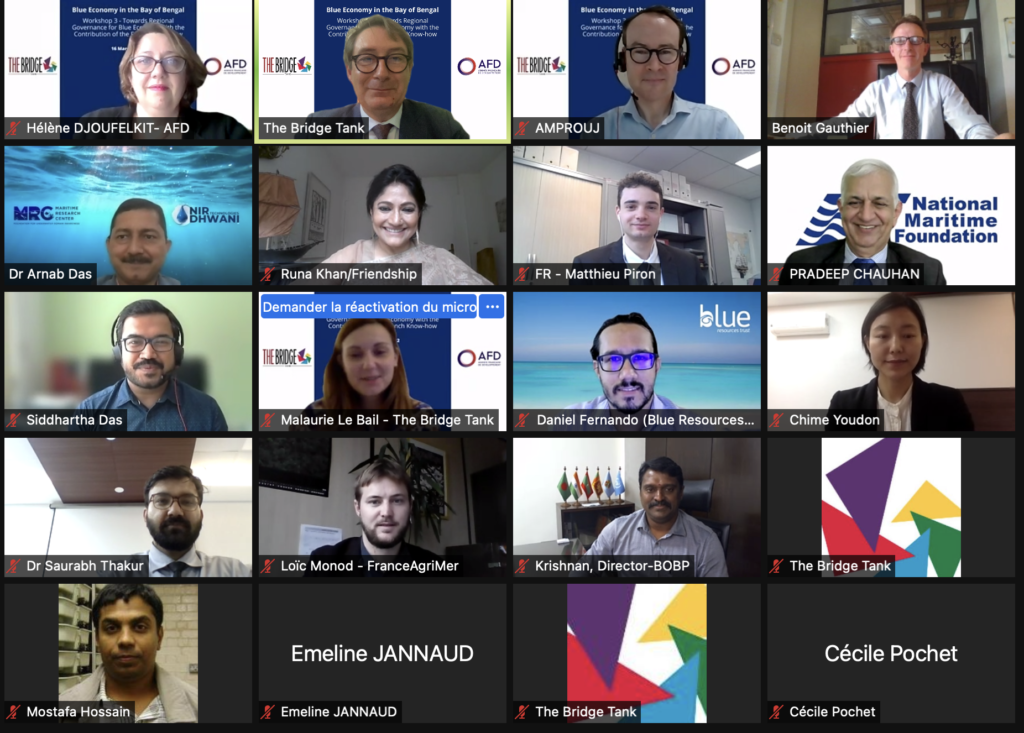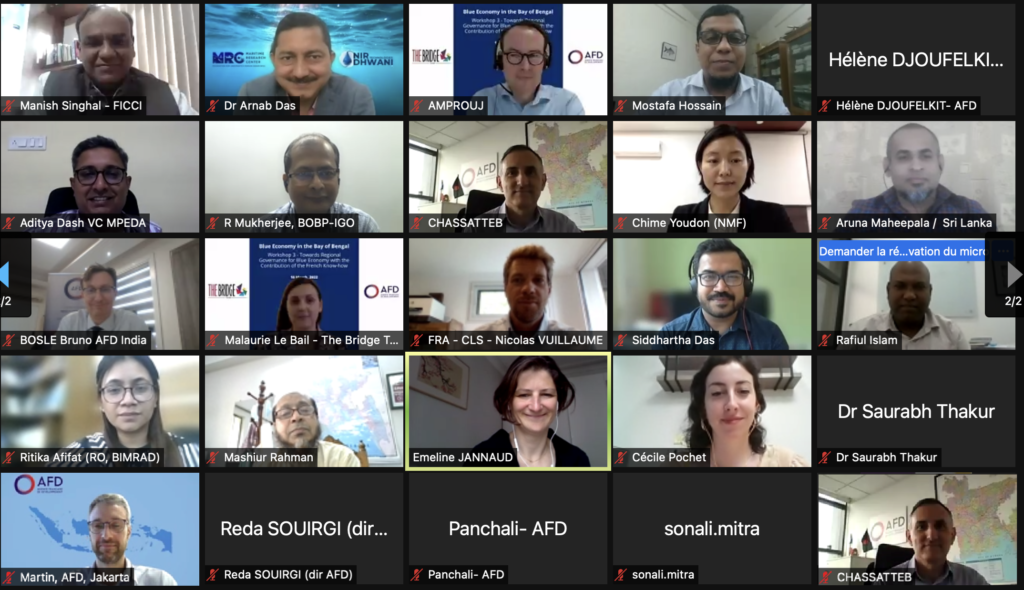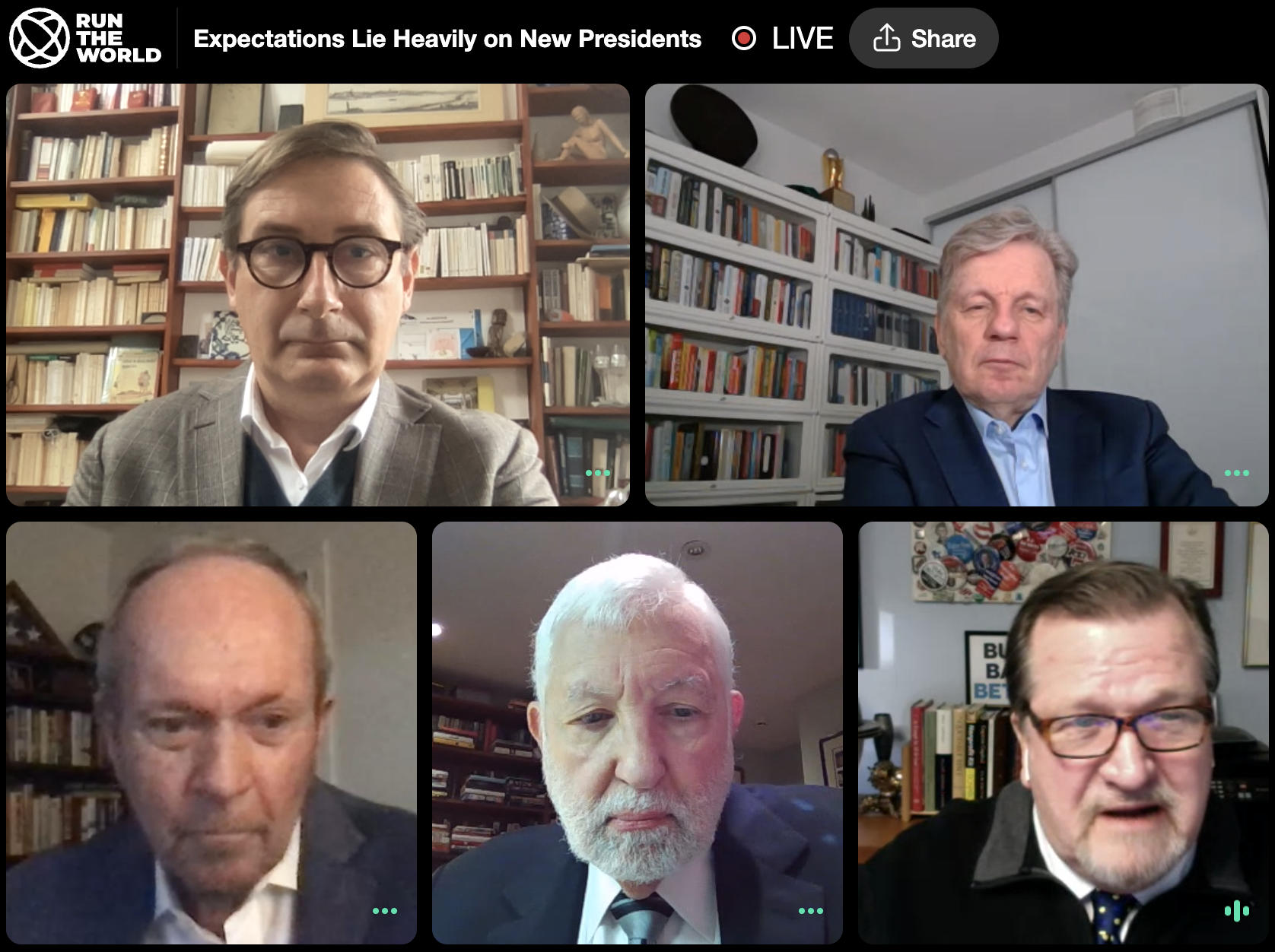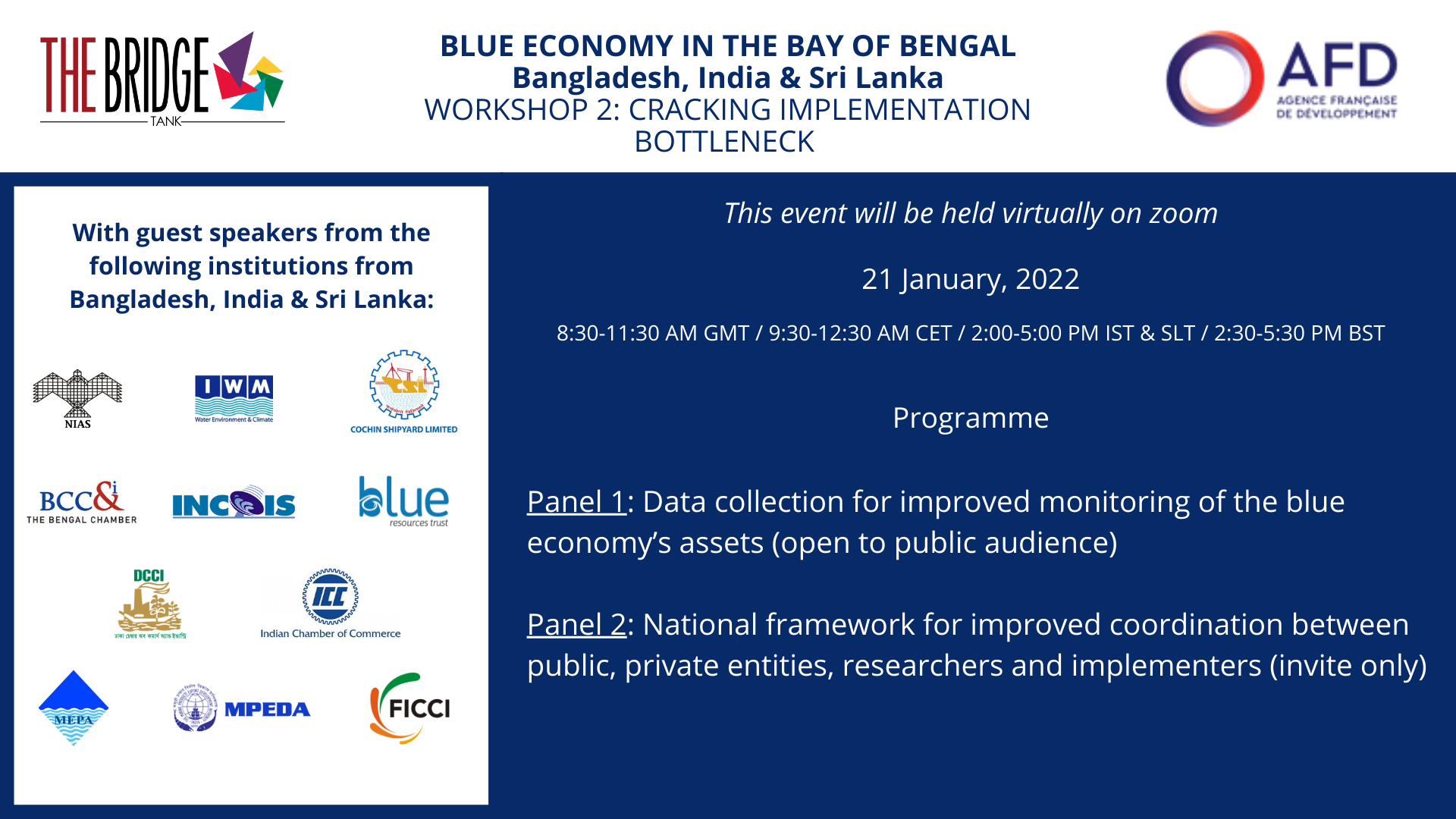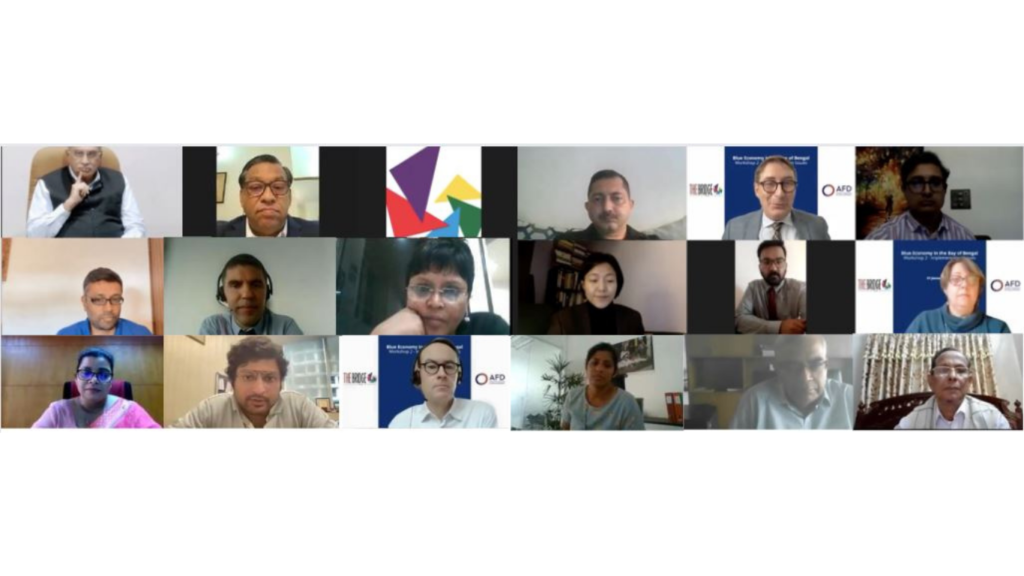Our board member Stéphane Gompertz discusses Africa-Europe relations in Vienna
On June 7, 2022, our Board Member Stéphane Gompertz, former Ambassador to Austria & Ethiopia, and former Director for Africa at the French Foreign Office took part in a panel discussion on the current state of relations between Europe and Africa and the potential for future partnerships. The event organised at the Bruno Kreisky Forum for International Dialogue in Vienna, Austria, was the result of a cooperation between the Austro-French Centre for Rapprochement in Europe (CFA/ÖFZ), the French Embassy in Austria, the Institut français des relations internationales (ifri), and The Bridge Tank.
Relations between the EU and Africa have been deteriorating in recent years, characterized by the absence of mutual trust and understanding, which has weakened the ability to build stable, future oriented, and mutually fruitful cooperation. Africa has increasingly looked to other partners for trade, investments, and security, most notably to China. The seminar held in Vienna aimed to discuss how the relationship and its prospects are perceived by both sides and what is going to be needed to overcome the manifold obstacles in order to achieve a significant paradigm shift.
How realistic is a new partnership between Europe and Africa?
The session was opened by Ambassador Gilles Pécout, Ambassador of France to Austria, and Dietmar Schweisgut, Secretary General, Austro-French Centre for Rapprochement in Europe, followed by an interview of Toni Haastrup, Senior Lecturer International Politics at University of Stirling, Co-Editor of “Routledge Handbook on EU-Africa Relations.”
The panel discussion moderated by Georg Lennkh, Member of the Board, Bruno Kreisky Forum for International Dialogue, gathered:
- Thierry Vircoulon, Associate Research Fellow, Sub-Saharan Africa Center, IFRI
- Ambassador Stéphane Gompertz, Board Member, The Bridge Tank
- Ambassador Irene Horejs, former EU-Ambassador to Niger, Mali, Dominican Republic, Cuba and Peru
- Margit Maximilian, Journalist, ORF Austria
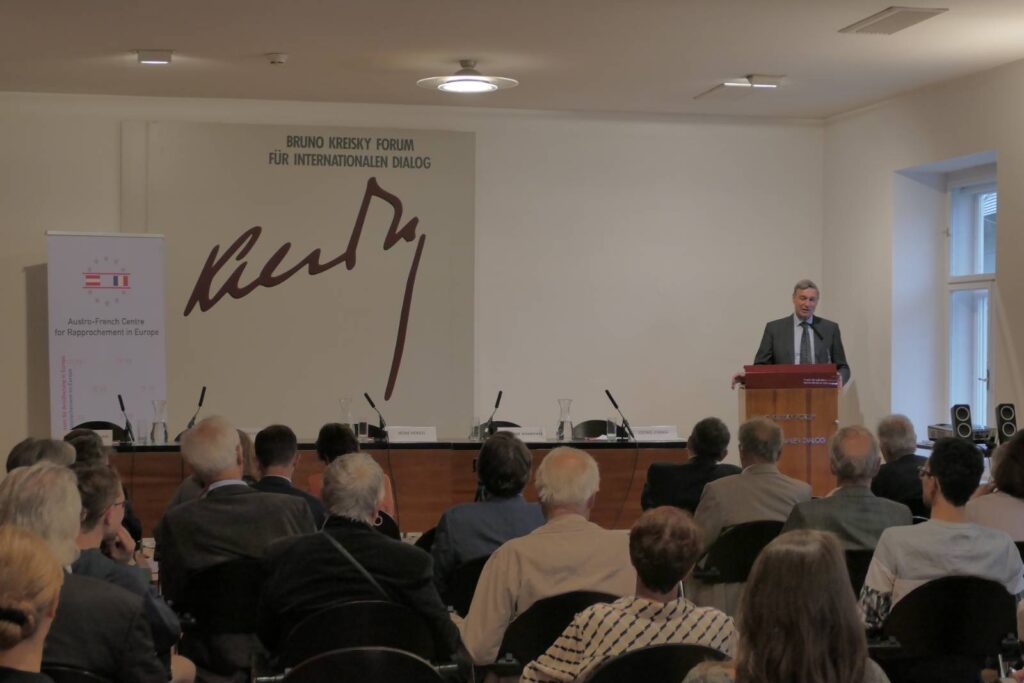
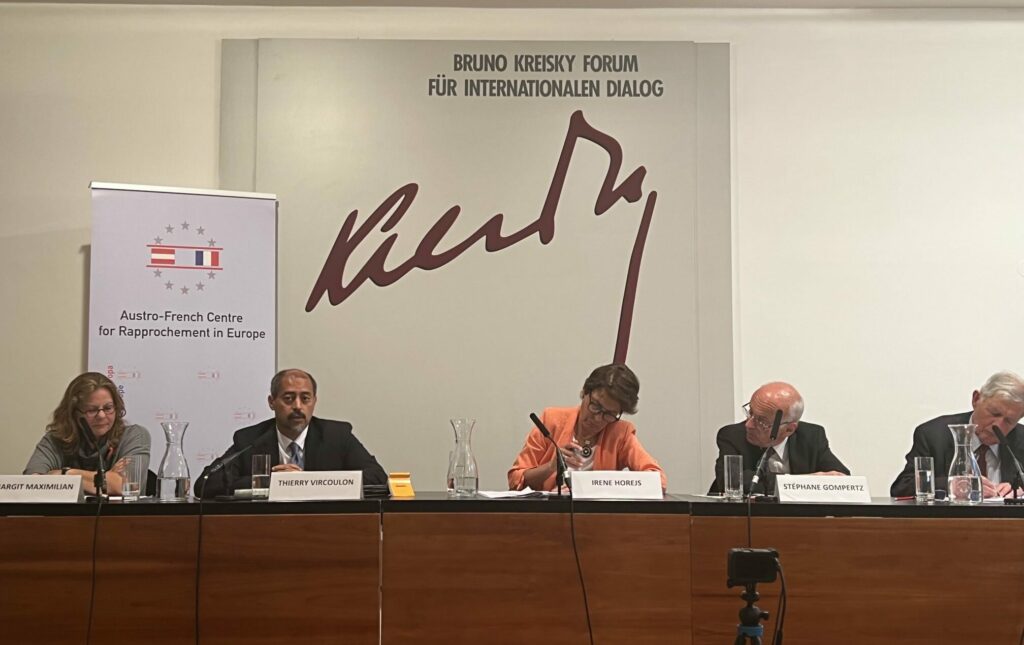
An initial assessment of current dynamics between the EU and Africa revealed a common conclusion among the session’s participants, including our board member Stéphane Gompertz, namely that the status quo is no longer an option. The war in Ukraine has contributed to this shift. For the first time, the African Union offered to provide mediation to Europe, as Senegalese President and African Union Chairman Macky Sall met with Russian President Putin in Sochi on June 3, 2022.
Noting the growing influence of China in Africa, Thierry Vircoulon, Associate Research Fellow, Sub-Saharan Africa Center, IFRI, noted that all majors powers with aid programs in Africa also have conditionalities. In the case of China, the conditionality is for African countries not to recognize Taiwan.
Ambassador Irene Horejs, former EU-Ambassador to Niger, Mali, Dominican Republic, Cuba and Peru, pointed out that after the Treaty of Lisbon, the EU’s development action in Africa became not only increasingly politicized but also over-bureaucratic. In addition to being too focussed on security, the EU’s policies toward Africa suffered similar problems over the last decades. Financial instruments dedicated to migration and security have been too heavy, too slow, and over-bureaucratic for disappointing results, Ambassador Horejs argued. All these factors contributed to the current “Europe fatigue” on the African continent.
Ambassador Stéphane Gompertz provided an overview of Africa’s new partners and described the motives of these new actors taking hold on the continent. He thereby questioned China’s goals and whether its presence could become military. Further, he noted India’s strategic interests in Africa and pointed out Turkey’s support for regressive mosques on the continent. Russia’s hostility to the French presence in Mali but also the Russia-Cameroon military agreement have reshaped relations between Africa and the EU. Ambassador Gompertz acknowledged mistakes in the French armed forces’ strategy in the field, as France and the EU should have been more careful in their approach. They notably should have avoided having talks with some djihadist factions or giving directions on what a good regime is.
Future paths of action
According to Ambassador Gompertz, 6 avenues are to be explored on the front of Africa-EU relations:
- More solidarity with Africa in light of the crisis and war in Ukraine, especially with regard to African refugees and food security;
- More realism with insurgent movements and in negotiations with them;
- More realism with military regimes based on what they deliver, while also avoiding double standards;
- More emphasis on the private sector, particularly on small & mid-sized companies run by women;
- Enhanced support for NGOs;
- A clear communication policy towards African youths, using all the apps and artistic forms the youth follows.
“Europe should defend, not impose its values in Africa,” Ambassador Gompertz concluded.
The Austro-French Centre for Rapprochement in Europe was established in 1978 by President Jacques Chirac and Chancellor Bruno Kreisky.
